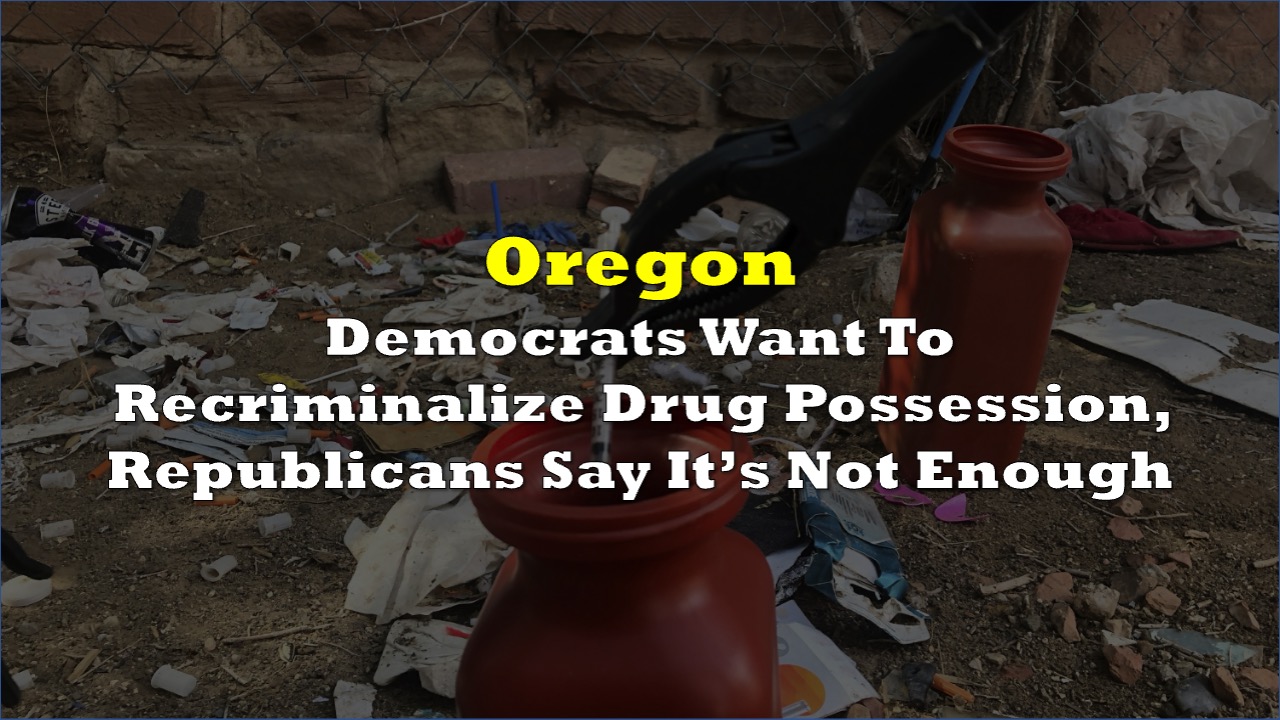Oregon’s Democratic legislators have unveiled a comprehensive plan to tackle the state’s escalating drug addiction and overdose crisis. The proposal aims to strengthen public health measures and enhance public safety while addressing the shortcomings of the current system.
The plan includes the construction of additional treatment facilities and clinics, and seeks to facilitate easier access to medication-assisted treatment for addiction. Insurers would be prohibited from delaying treatment authorization, and the length of welfare holds would be extended to 72 hours to provide individuals more time to consider treatment options. The proposal also includes a significant investment of $30 million in recovery housing and funding for apprenticeship programs for behavioral health workers. Further, it contemplates studies on youth addiction and prevention.
On the public safety front, the proposal seeks to amend the approach to drug possession, shifting from the current citation-based system to making possession a class C misdemeanor, which includes potential jail time and fines. This change aims to give police more leverage in encouraging individuals to seek treatment. The plan also targets drug dealers, proposing harsher penalties for those selling drugs near parks, homeless shelters, and addiction treatment centers. Additionally, it contemplates changes to laws governing drug delivery charges and calls for a review of pretrial detention criteria for drug-related offenses.
The proposal has been met with a range of reactions. While Democratic lawmakers view it as a balanced approach, addressing both health and safety concerns, Republican legislators and some law enforcement officials argue that it doesn’t go far enough.
“The proposal outlined today lacks the necessary incentives for individuals struggling with addiction to actively seek help and places our law enforcement officers in the challenging position of engaging without the tools necessary to be effective,” McMinnville Police Chief Matt Scales, president of the Oregon Association of Chiefs of Police said in a statement.
They advocate for stricter penalties and a more robust law enforcement response.
“The proposal we saw today is one chalked full of farcical fixes which will work about as well as the drug treatment hotline,” according to Republican Rep. Christine Goodwin of Canyonville and a member of the committee. “Measure 110 has proven that voluntary addiction treatment does not work and keeps people chronically addicted. Oregonians overwhelmingly agree that we must scrap this naïve approach, but the Democrats’ proposal keeps the status quo in place.”
This sentiment was echoed by another Republican member of the committee, Rep. Kevin Mannix of Keize, who said that “Oregonians have made it abundantly clear: We must reestablish hard drug use as a class A misdemeanor so that rehabilitation treatment can be required.”
“The current system does not include such power and a low-level class C misdemeanor only provides 30 days in jail as an alternative. This is nowhere near the amount of time needed to address addiction.”
Oregon Democrats gave a preview of their "fix" to Ballot Measure 110 today. It is a fake fix, and is simply kicking the can down the road.
— Rep. Real Diehl (@Real_EdDiehl) January 24, 2024
In their effort to strike a middle ground between their extreme left base and the majority of Oregonians who are demanding evidence-based… pic.twitter.com/P5qNi6sECM
Conversely, groups like the ACLU of Oregon and the Health Justice Recovery Alliance criticize the move towards recriminalization, seeing it as a step back into a punitive approach that has historically failed to resolve addiction issues.
The legislative package, which will be considered in the upcoming 35-day legislative session starting February 5, includes various bills addressing different aspects of the crisis. These include measures to integrate more treatment options into jails, increase the behavioral health workforce, and allocate funds for recovery housing. The total cost of the proposal remains uncertain, and adjustments are expected as the bills move through the legislative process.
Democratic leaders emphasize their goal is not to criminalize addiction but to provide law enforcement with effective tools to assist those struggling with substance abuse.
Information for this story was found via Marijuana Moment, AP News, OPB, and the sources and companies mentioned. The author has no securities or affiliations related to the organizations discussed. Not a recommendation to buy or sell. Always do additional research and consult a professional before purchasing a security. The author holds no licenses.





